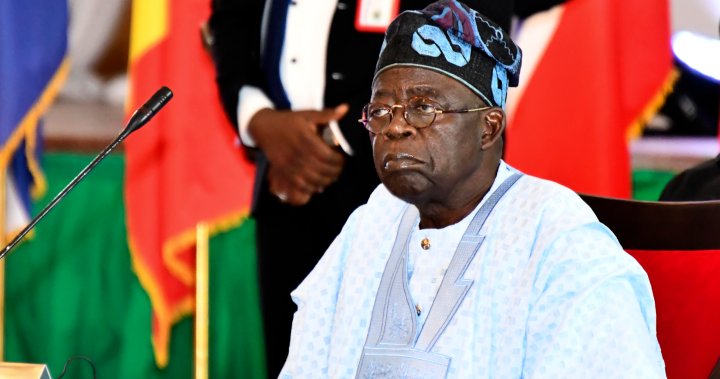Pressure mounts on Niger coup leaders amidst growing concerns and international interventions
U.S. Secretary of State Antony Blinken has held the junta accountable for the well-being of ousted President Mohamed Bazoum, who is currently being held captive by the military. In addition, ECOWAS, the West African regional power bloc, has announced the activation of its standby force as a precaution in case diplomatic negotiations fail and armed intervention becomes necessary.
However, an expert in African conflict warns that while tensions are escalating in this volatile region, the likelihood of military action remains uncertain. “It is challenging to predict whether peace will ultimately prevail,” says Evelyn Namakula Mayanja, a professor at Carleton University.
Mayanja further explains that ECOWAS’ standby force requires contributions from its member countries, including troops and supplies. While Côte d’Ivoire has pledged a battalion, Nigeria, with its significant military power and the need to provide the majority of troops, has yet to approve any deployments according to its national assembly.
Furthermore, deployment by ECOWAS is contingent upon approval from the United Nations Security Council. Mayanja points out that the UN, particularly countries supporting the elected president, does not seem particularly concerned about the situation in Niger. She mentions, “The U.S., the U.K., France, etc., are currently focused on the events unfolding in Ukraine and countering Russia’s global intervention.”
Political scientist Chris Roberts from the University of Calgary suggests that the Nigerien junta is following the pattern set by other military regimes in the region by consolidating its power and appointing its own government. Both ECOWAS and the United States have called for the military to step aside and reinstate President Bazoum, but Roberts believes that this outcome is becoming increasingly unlikely.
Roberts speculates that the military leaders are attempting to coerce Bazoum into signing a document of resignation, which would lend more legitimacy to their newly established government. “Unless there are significant shifts in the situation, it will be challenging to convince the key members of the military government to simply relinquish power,” he notes.
If the junta fails to maintain control, it could lead to armed conflict, particularly in an area plagued by Islamist insurgencies and extreme poverty, warns Mayanja.
Moreover, she emphasizes that the consequences could be devastating, especially for women and children who are the most vulnerable in such situations. “Wars often result in the violation of women’s bodies and their dignity. It is crucial for the UN Security Council and policymakers to prioritize human dignity in their negotiations,” Mayanja adds.
— with a file from Reuters
© 2023 Global News, a division of Corus Entertainment Inc.
Denial of responsibility! VigourTimes is an automatic aggregator of Global media. In each content, the hyperlink to the primary source is specified. All trademarks belong to their rightful owners, and all materials to their authors. For any complaint, please reach us at – [email protected]. We will take necessary action within 24 hours.





